SC Mandates Timely Decisions by Governors on Reserved Bills: Protecting the Legislative Process
- ByAdmin --
- 14 Apr 2025 --
- 0 Comments
In a bold assertion of constitutional checks and balances, the Supreme Court of India recently ruled that Governors must take timely decisions on bills passed by state legislatures and reserved for the President’s consideration. This ruling, delivered in April 2025, is a major development in India’s federal structure, affirming that Governors are not gatekeepers of delay but constitutional functionaries with defined limits.
The verdict came in response to growing concerns from several state governments about unexplained delays by Governors in forwarding or acting upon bills, often stalling critical policy reforms.
This ruling is more than a legal clarification — it is a reminder that the wheels of democracy must not be jammed by inaction.
The Case That Triggered the Judgment
The case was filed by the State of Kerala, which had passed a bill on the regulation of university appointments — a matter of state interest. The bill was passed in the assembly, sent to the Governor, and then reserved for the President’s consideration under Article 200 of the Constitution.
But months passed. The Governor did not forward the bill, nor did he provide any explanation. Similar concerns had been raised earlier in Tamil Nadu and Punjab, where Governors withheld assent or delayed sending bills to the President without justification.
The result? State governments were unable to implement their legislative will, effectively stalling governance.
What the Supreme Court Said
The bench, headed by Chief Justice DY Chandrachud, ruled that:
“The power to reserve bills under Article 200 and forward them to the President under Article 201 cannot become a tool for indefinite delay. Constitutional functionaries are expected to act within a reasonable timeframe.”
The Court held that:
- Governors must forward bills to the President within three months of reserving them
- Inaction or prolonged silence is a violation of the federal structure and legislative sovereignty of states
- The President’s office too must respond within a reasonable time after receiving the bill
The bench added that accountability cannot stop at reservation — and the system must respect the principle of cooperative federalism.
Constitutional Framework: Articles 200 and 201
Article 200 empowers the Governor to:
- Assent to a bill
- Withhold assent
- Reserve the bill for the President
Article 201 allows the President to either assent or withhold assent, effectively making or breaking the bill.
But the Constitution does not prescribe a specific timeline, which has been misused to delay political or controversial bills.
This ruling fills that gap, establishing judicially enforceable guidelines.
Why This Verdict Is Significant
1. Protects Legislative Sovereignty of States
State Assemblies are elected bodies. Their decisions reflect the people’s will. When bills are delayed without justification, it undermines democratic mandate.
2. Prevents Executive Overreach
In recent years, the role of Governors has come under scrutiny. While they are expected to act as neutral constitutional heads, several have been accused of acting at the behest of the Centre, particularly when opposing political parties rule the state.
This ruling draws a line: Governors cannot sit on bills endlessly.
3. Brings Time-Bound Governance
By setting a 3-month outer limit, the Court aligns the legislative process with efficiency, transparency, and predictability — essential for modern governance.
Implications Across India
This ruling will immediately affect:
- Tamil Nadu, where over 14 bills — including ones on education, anti-NEET, and state universities — had been withheld or delayed
- Punjab, where the Governor refused to summon assembly sessions for extended periods
- West Bengal and Telangana, where Centre-state friction had slowed legislative clearance
Legal experts believe this verdict will rebalance Centre-State relations, restoring the spirit of federalism envisioned in the Constitution.
Public and Legal Reaction
The verdict has been widely praised by:
- Former judges, who say it will prevent misuse of office
- State governments, who feel empowered to implement their legislative agenda
- Constitutional scholars, who view this as a clarification long overdue
Senior Advocate Rajeev Dhavan noted:
“This is not just about timelines. It’s about respect — respect for the Constitution, for elected governments, and for democratic process.”
The Court’s Subtle Reminder
In its closing remarks, the Court quoted Dr. B.R. Ambedkar, who had warned against making Governors "parallel executives" or "political actors." The judgment echoes this vision — that the Governor’s role is limited, defined, and bound by constitutional morality.
The Court also hinted that persistent violations could attract judicial scrutiny, opening the door for future writs if such delays persist.
Time Is of the Constitution
By mandating timely decisions on reserved bills, the Supreme Court has ensured that the spirit of federalism is not lost in paperwork or political gamesmanship.
The message is clear:
- A Governor is not a roadblock
- A bill is not a pawn
- And democracy cannot wait
In reaffirming timelines, the Court has not just protected the Constitution — it has protected governance itself.


































































































































































































































































































































































































































































































































































































































































































































































































































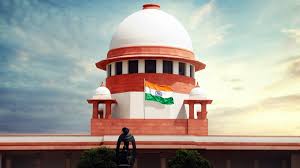


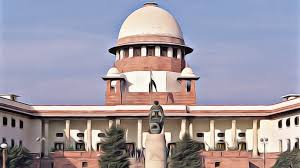

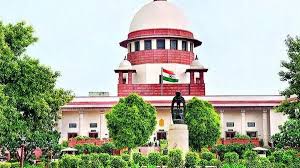









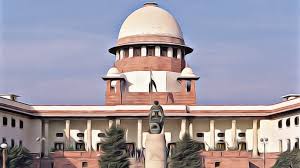




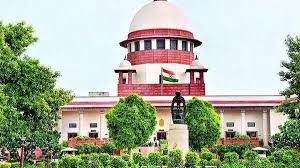



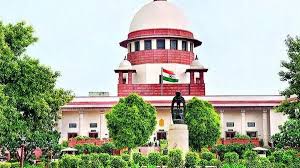
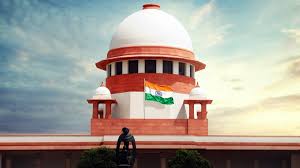



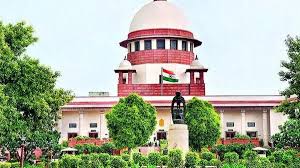

















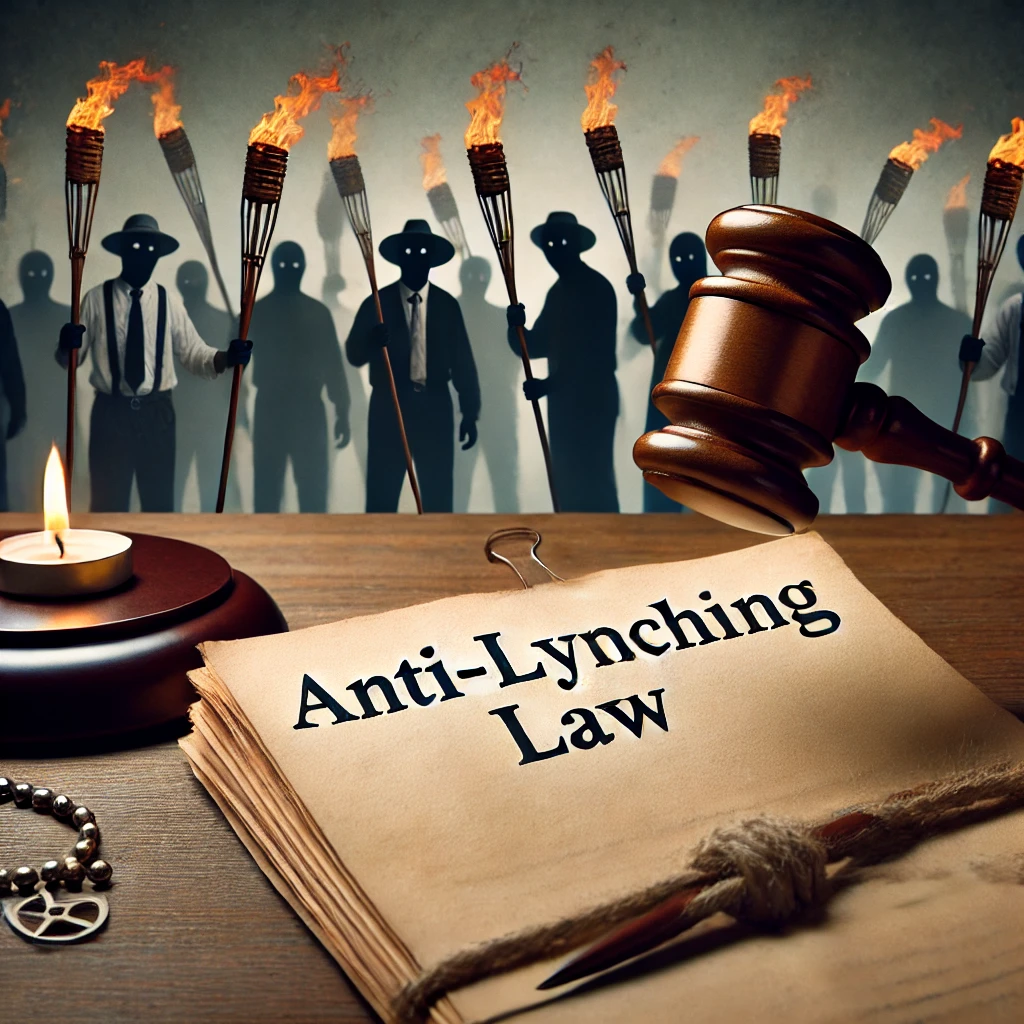
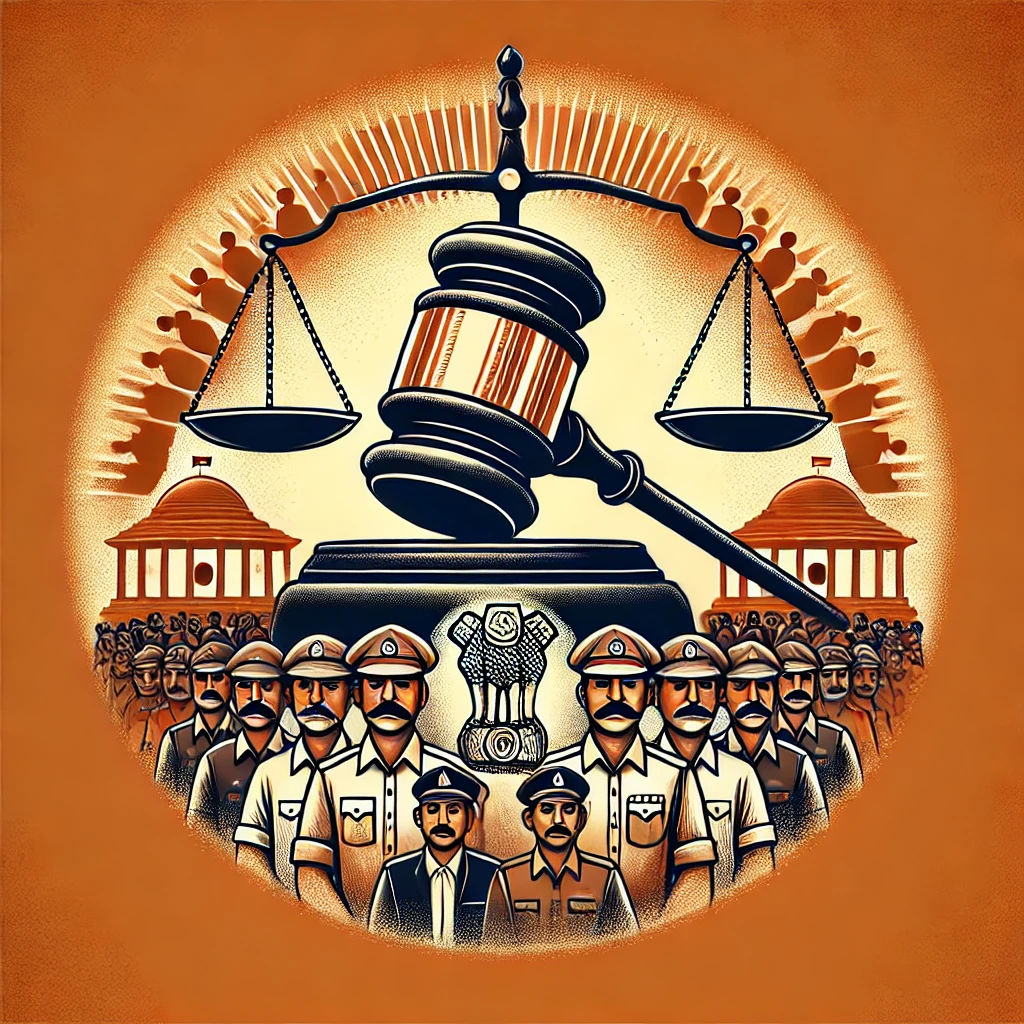


















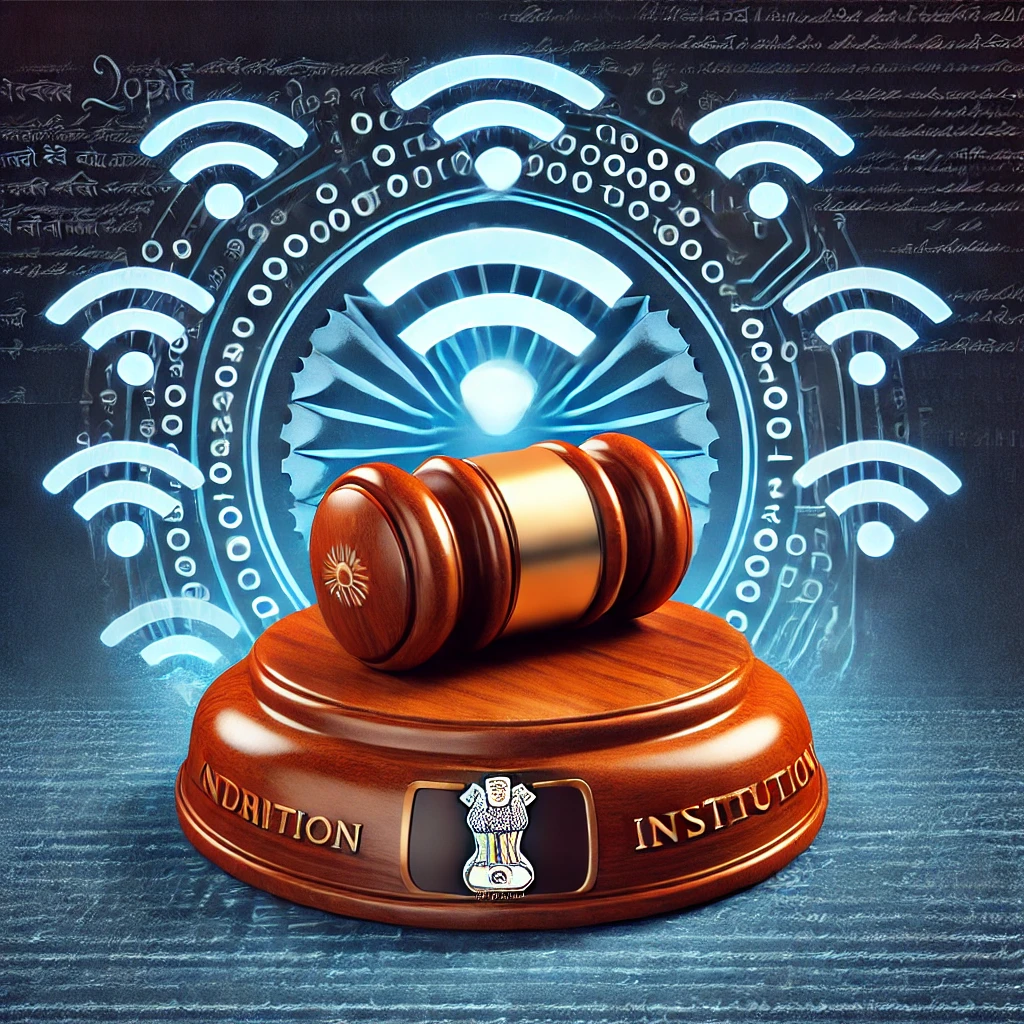


























0 comments